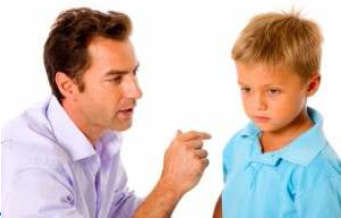As a speech and language therapist I assess and help children with speech and language difficulties, including some as young as 11 months.

It is important for parents to realize that speech is a fine-motor activity. That means that good control and co-ordination of the muscles in and around the mouth, the lips and the tongue, are important for children to produce different speech sounds.
When parents hear ‘fine-motor skill’, they tend to think it is about using your fingers for something like buttoning up, writing etc. With some children who are slow in talking, it is important for parents to be aware that speech requires fine-motor skills too.
The earlier speech sounds such as ‘er’, ‘woo’, ‘oh’ or sounds like vowels a, e, i, o, u requires lip movements. To understand this better, try going from saying ‘ah’ to ‘woo’. You will find that you need to round your lips.
As children move their lips they can also say ‘mamamama’ or ‘bababa’ or ‘papapa’. In fact, these earliest sounds are often just that, sounds as the baby moves their lips, just as they move different parts of their bodies.
It’s the mother or father’s excitement and responses when they hear these sounds (“He just called mama!”) that helps the baby associate a meaning (this person that jumps up and down) to the sound they produce – and a ‘word’ is born.
In order to produce all the other sounds (t, d, g, k, l, n, s, f, r, etc etc), tongue movements become crucial.
If you want to help your child with the fine motor skills needed for speech, you can find pictures, videos and Apps that will show you the necessary lip and tongue movements for the different sounds. These may be referred to as ‘oral-motor’ movements by speech and language therapists so you can Google that too.
Another simple tool you would already have in your home is a mirror. Look in the mirror with your child and play with different tongue movements, sticking them out, up, down, side to side etc. Make it a fun game, not a boring or overly difficult drill.
Please post a comment below about your experience with teaching your child speech sounds.
You may also like to share with me your biggest difficulties about teaching your child any other aspects of speech so that I can share ideas I have tried and tested. Thank you.